Ghostrunner 2 is all about speed and style, quickly slicing and dicing through enemies in one of the most gorgeous cyberpunk dystopias I’ve ever seen. Neon signs gleam in the distance and reflect off puddles on the floor. Highrises tower above, and machinery whirs away below. Every inch of Dharma Tower is crammed with shops, homes, eateries, and even an AI-worshipping church, complete with grand sculptures. It feels like a living space, but you must earn your right to live.
Time for a system reboot
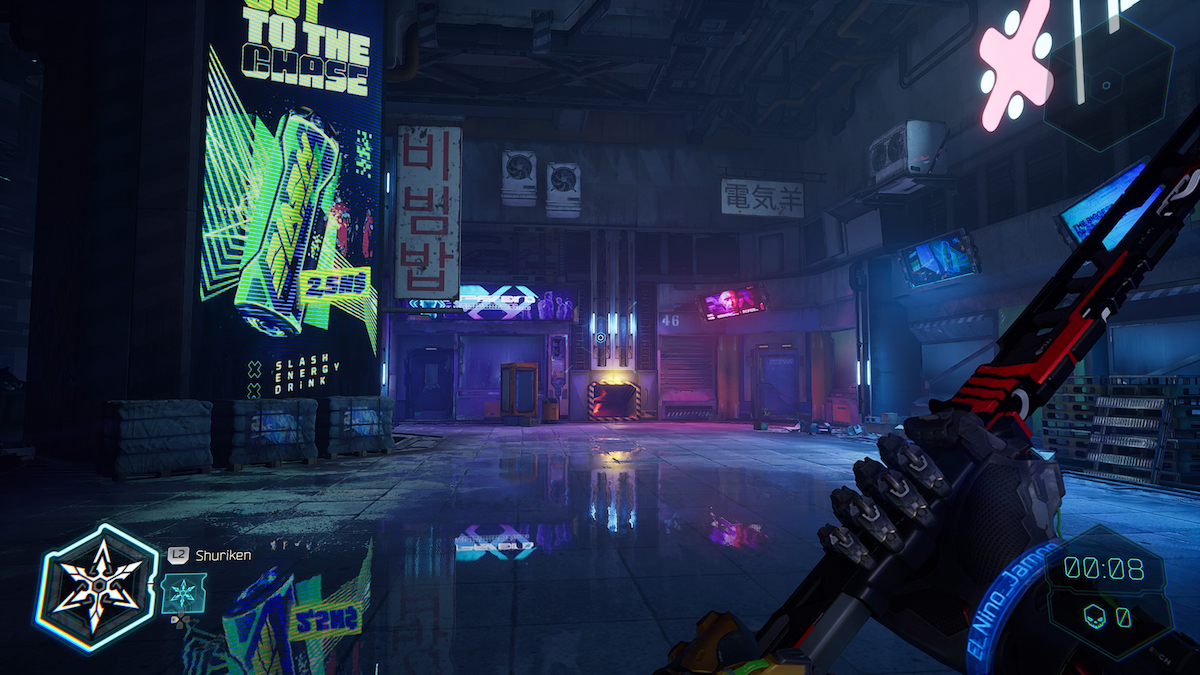
Set a year after the events of the first game, a power vacuum has led to gangs fighting for control of basic resources like water, food, and fuel. Everyone is so distracted by each other they don’t notice the deadly Asura plotting to wreak havoc. Fortunately, the rag-tag council trying to hold the palace together has Jack, a cyborg ninja known as a ghostrunner, on their side.
Ghostrunner 2’s story is a big improvement on the first game’s. Characters are more fleshed out; their dialogue and banter lull me into a flow state as Jack swings, wall-runs, and kills his way through Dharma. They’re a constant reminder of what I’m fighting for: life. There’s also an interesting interrogation of what it means to lead and who deserves the mantle. This theme could have been explored further, but developer One More Level makes it clear that the distinction between good and bad can be fuzzy.
Unfortunately, the game continues its predecessor’s—and the cyberpunk genre’s—problem with Orientalism. There’s an Asianness to everything, from Jack’s ninja abilities to the neon signs littered throughout Dharma to the buildings in cybervoid. It all looks very pretty, but it’s just there for the sake of it. These criticisms were leveled at the original game and its DLC, so it’s disappointing to see no lessons have been learned there.
Redline it
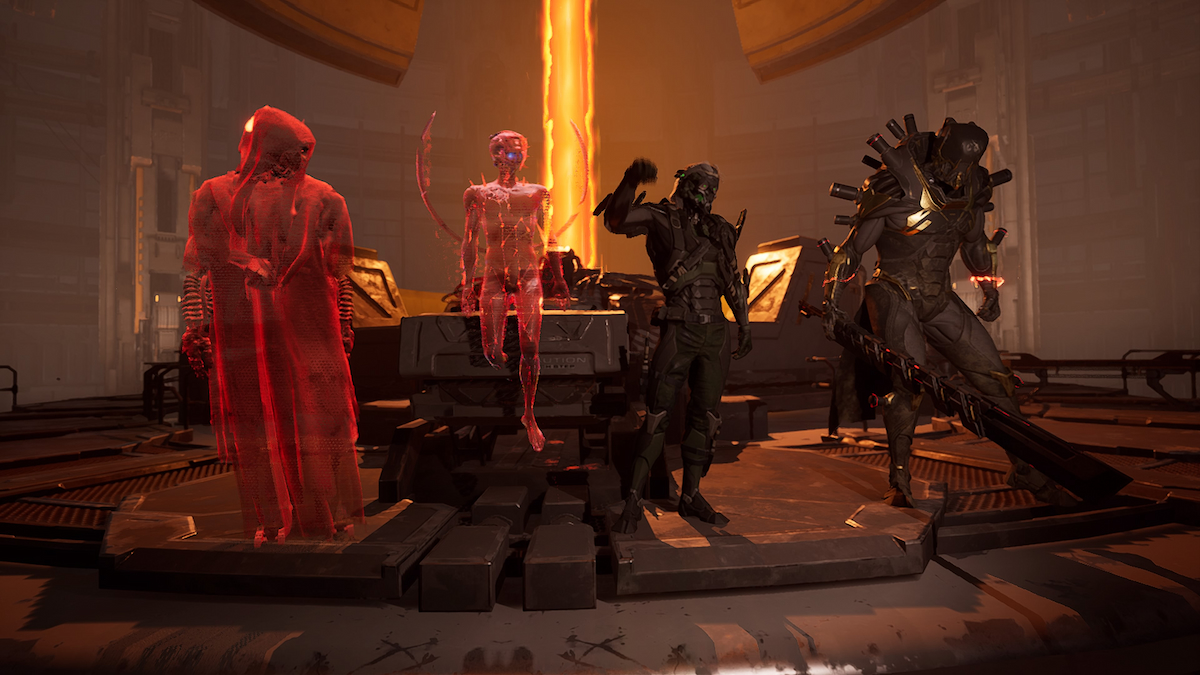
Injuries sustained after Ghostrunner mean Jack is back to basics, but he never feels weak. Everything dies in one hit, including Jack, but his agility enables him to dance around foes. Each combat encounter is a puzzle. Figuring out how to use the environment to dodge enemy fire and close in for the kill is engaging and rewarding, with the final kill always a slow-motion spectacle of gore and dismemberment. Coupled with a pulsing, synth and bass-heavy electronic soundtrack, each battle was a thrill ride that got my heart pumping.
New abilities unlock at a satisfying pace, and I never felt like I was stuck in a tutorial level. Mechanics are briefly explained with puzzles and enemies that require you to learn the basics to progress. By the latter stages of the game, I was a master, chaining multiple moves and techniques together to get through the trickier platforming and combat sections that layer multiple mechanics together to increase the challenge. The difficulty curve is perfect, making every victory feel like a real accomplishment.
For a first-person parkour game, Ghostrunner 2 handles perfectly, and the path forward is always easy to see, even if it isn’t easy to follow. Whenever Jack fell, it was because I made a mistake, not because the game bugged out. Having no one to blame but myself was frustrating at times, especially with some of the more precise obstacle courses, but beating them always flooded me with a rush of satisfaction. The losses were mine to own, but so were the wins.
There’s an option to turn on a clock and death counter, which I’d highly recommend. Seeing how quickly I dispatched a room full of foes or how long a certain series of jumps was taking me always pushed me to be better, and getting to the end of a level and placing higher than other journalists on the leaderboard did wonders for my ego. It also highlighted one issue I found with Ghostrunner 2.
Old operating system, new drivers
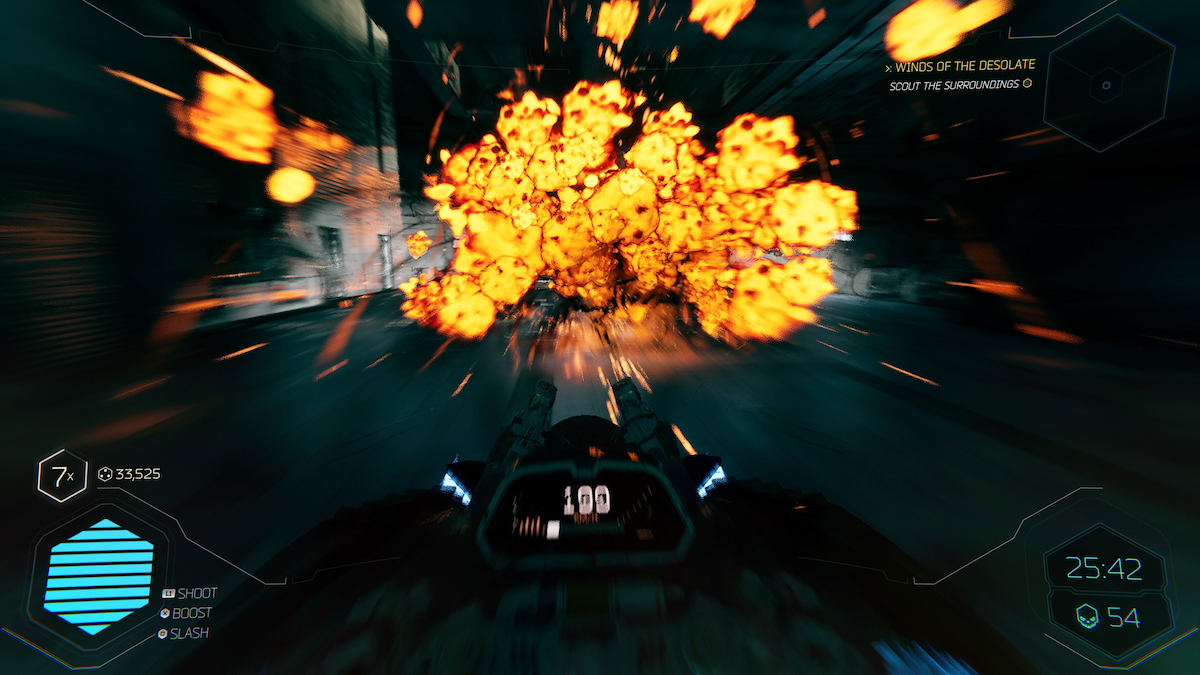
Sequels are often made to be bigger at the expense of being better. What I loved so much about the original game was how sleek it was. Levels were tight and quick, confined to the claustrophobic interior of Dharma Tower. In Ghostrunner 2, Jack is able to explore the surrounding wasteland in some semi-open-world missions that slowed the pacing down a bit too much for my liking. Even on Jack’s new bike, these missions took too long and the wasteland they take place in looks a little too bland compared to the gleam of the Tower. The wastelands also exposed some technical flaws with the game, such as the bike getting stuck on the terrain or me falling through it. Generally, I experienced some framerate drops during more hectic segments of the game too, but nothing game-breaking.
The bike itself, however, provided me with some of the biggest thrills I’ve ever experienced while gaming. The sense of speed it achieves is phenomenal. When I hit the boost, the environment distorted around me, like the Millennium Falcon hitting warp speed, but it still handles beautifully. The road parkour sections both in and outside Dharma Tower are the perfect way to integrate the new traversal system within the existing experience of Ghostrunner. Racing through tunnels and jumping onto roads felt like I was playing Wipeout again. My only wish is that there were more of these sections, or they were spaced out better. Not because they left me unsatisfied, but just because I’m greedy.
As well as the shiny new bike, there’s now an HQ to explore between missions. This is where you upgrade Jack, with a new system that’s less fiddly than Ghostrunner’s Tetris-style menu but still requires some thinking. There are also optional challenge levels if you want some extra cash for upgrades or just love the gameplay loop. I did one just for fun, but easily bought all the upgrades I wanted and beat the game without any form of grinding. And if you’re worried the HQ will slow you down, you can always skip straight to the person who gives you your next goal, but I enjoyed talking to all the characters and fleshing out the world and story more.
The biggest improvement to Ghostrunner 2, by a mile, is its boss battles. The Asura are fantastic enemies to hunt down, with unique settings and strategies required to overcome them all. Merciful checkpoints mean even though they take a lot more hits than you to kill, they never feel unfairly punishing.
Will you give this program permission to make changes to your device?
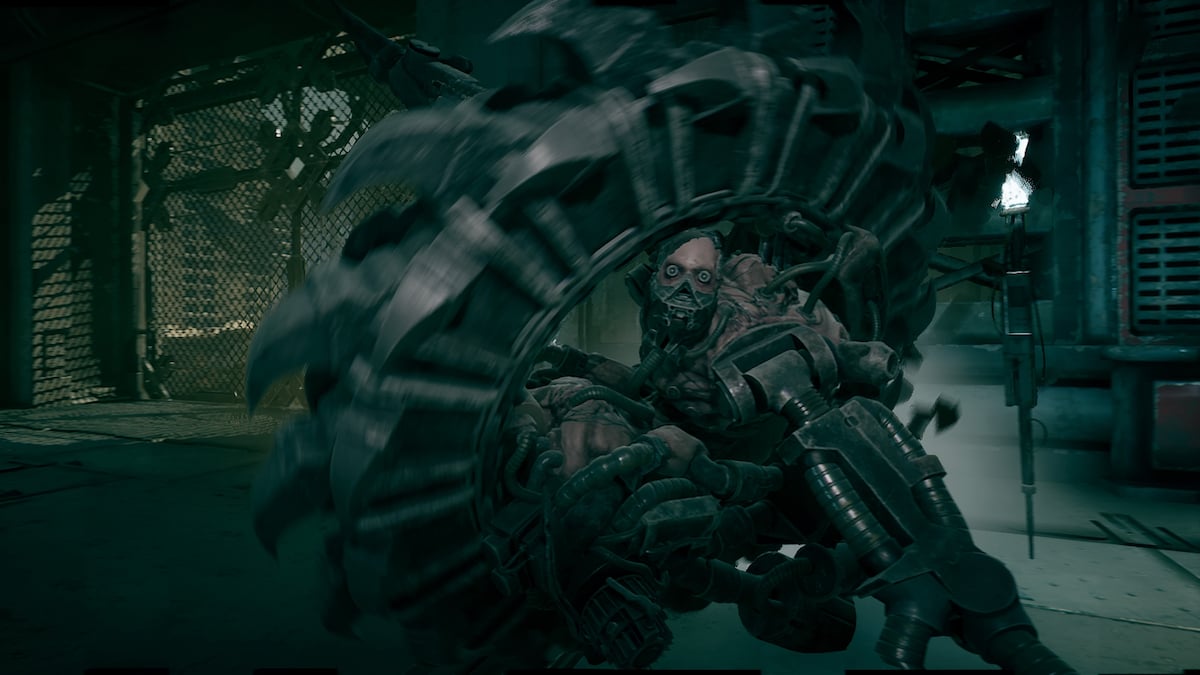
Ghostrunner 2 takes everything that made the first game good and cranks it up to 11. Combat is fast and satisfying, platforming is precise and challenging but rewarding, and Dharma Tower is an absolutely gorgeous playground to run and kill in. It’s disappointing Orientalist tropes are still present, but everything else in the game is a vast improvement on what One More Level built before.
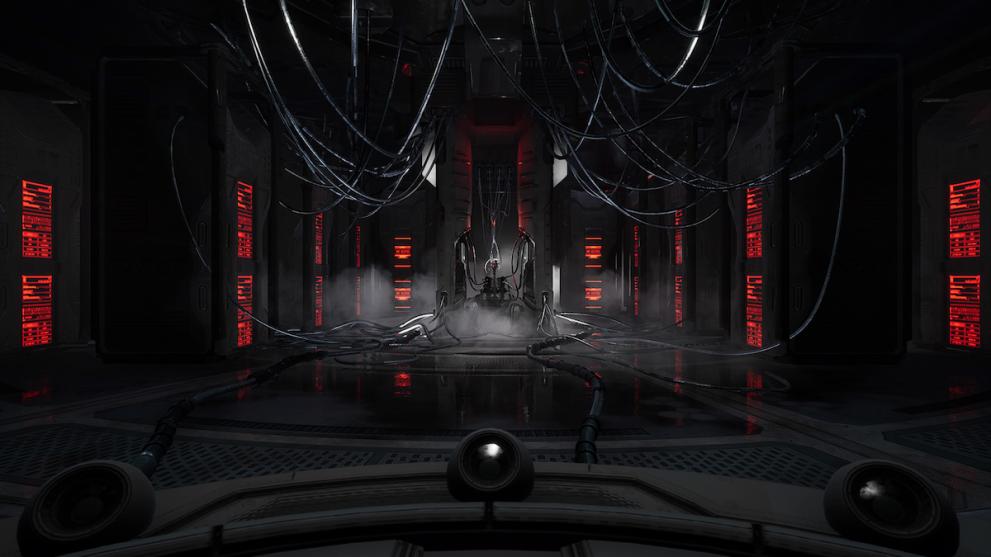
- Absolutely gorgeous
- Frenetic and satisfying combat and platforming
- The motorbike levels
- Still falls into Orientalist pitfalls
- Some pacing issues
- Minor visual bugs and framerate dips


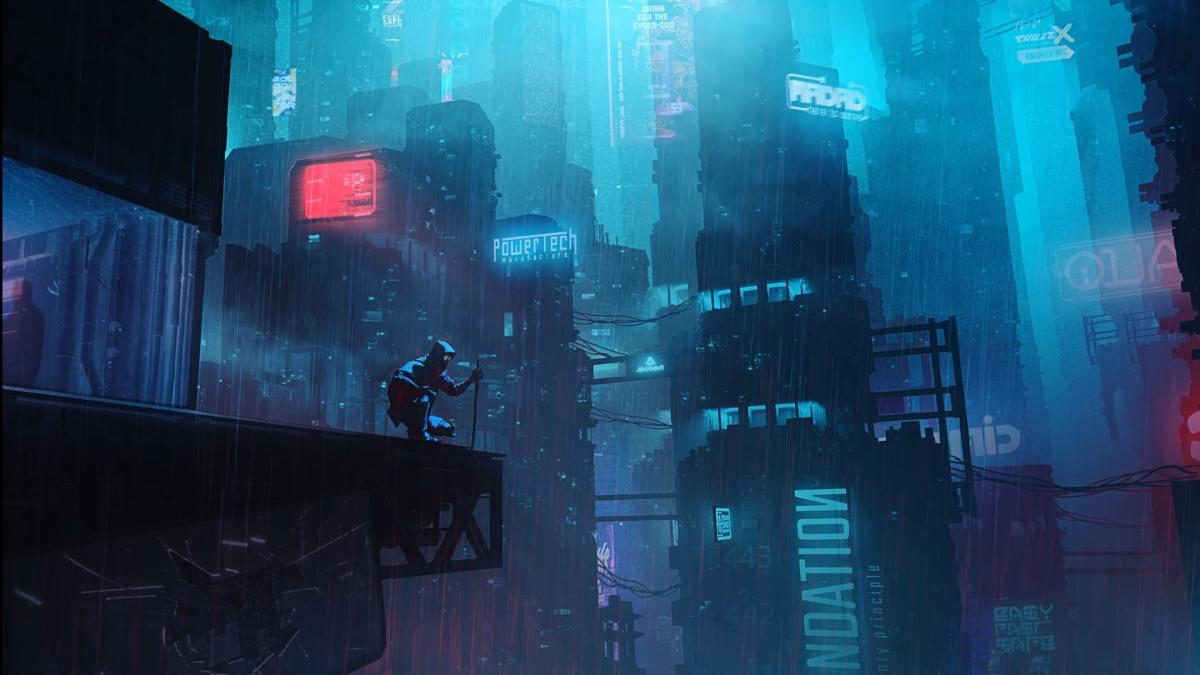

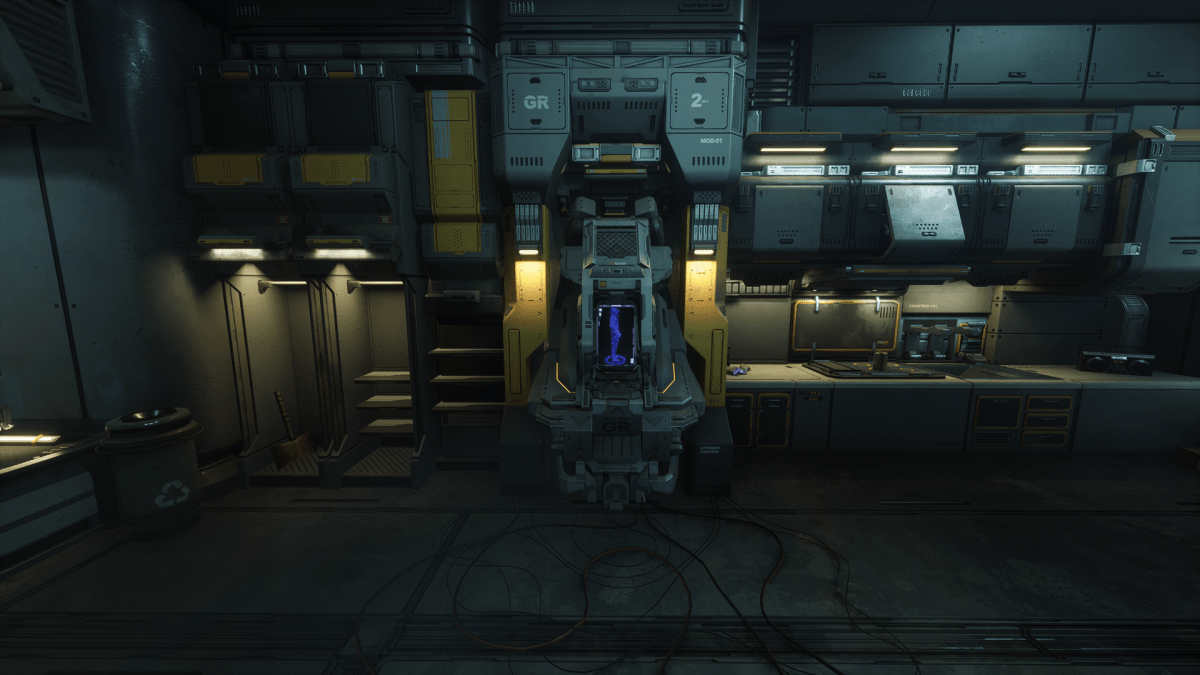

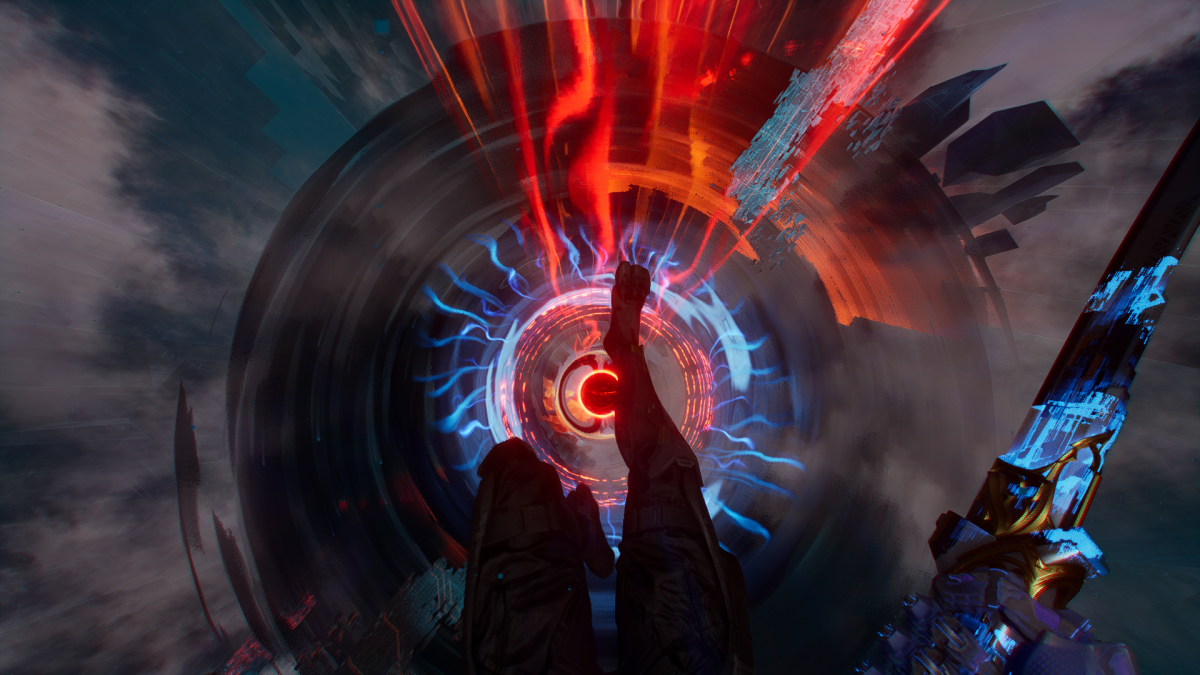
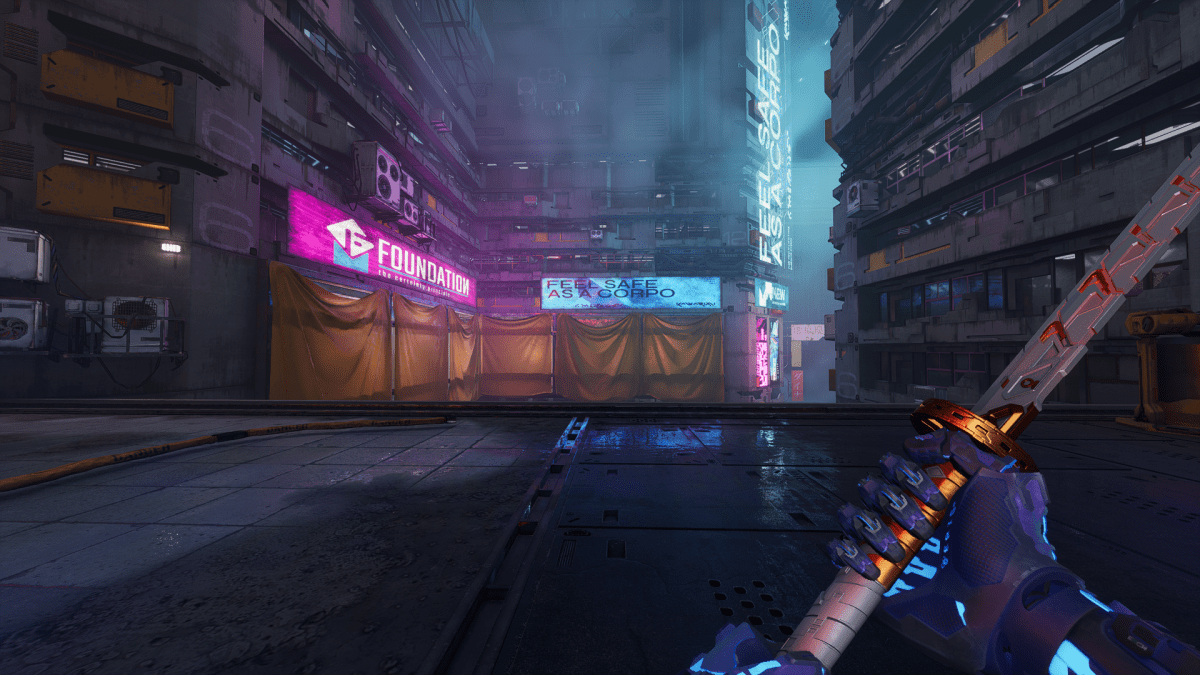
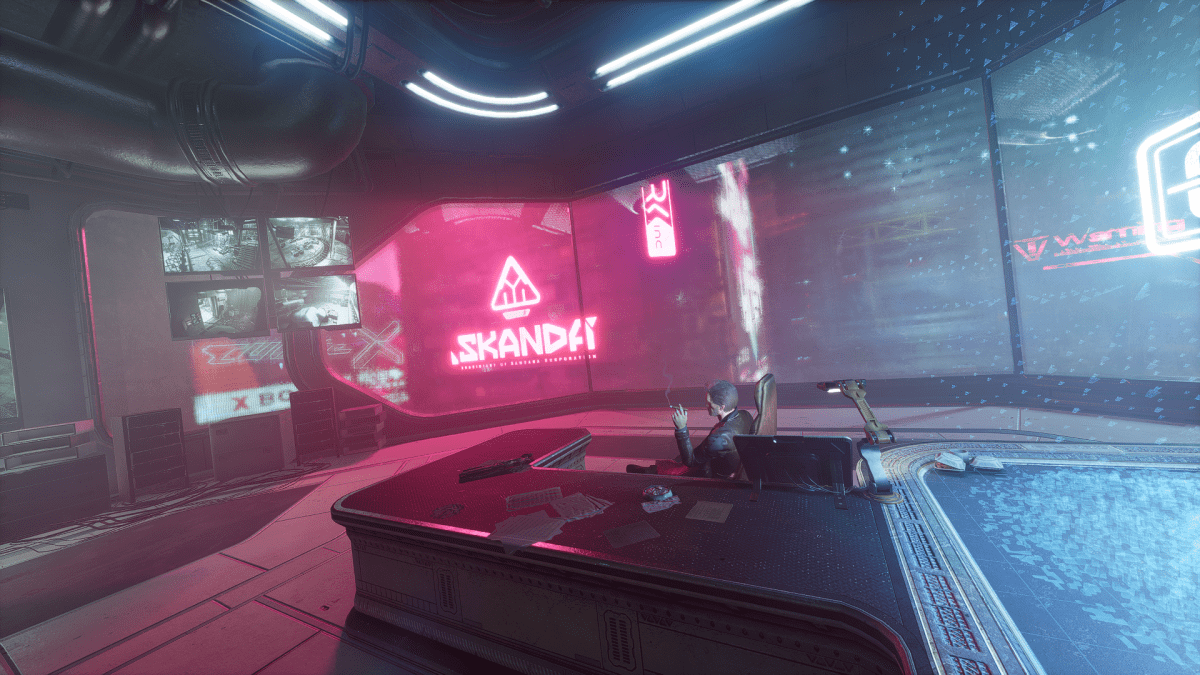


Published: Oct 23, 2023 10:00 am